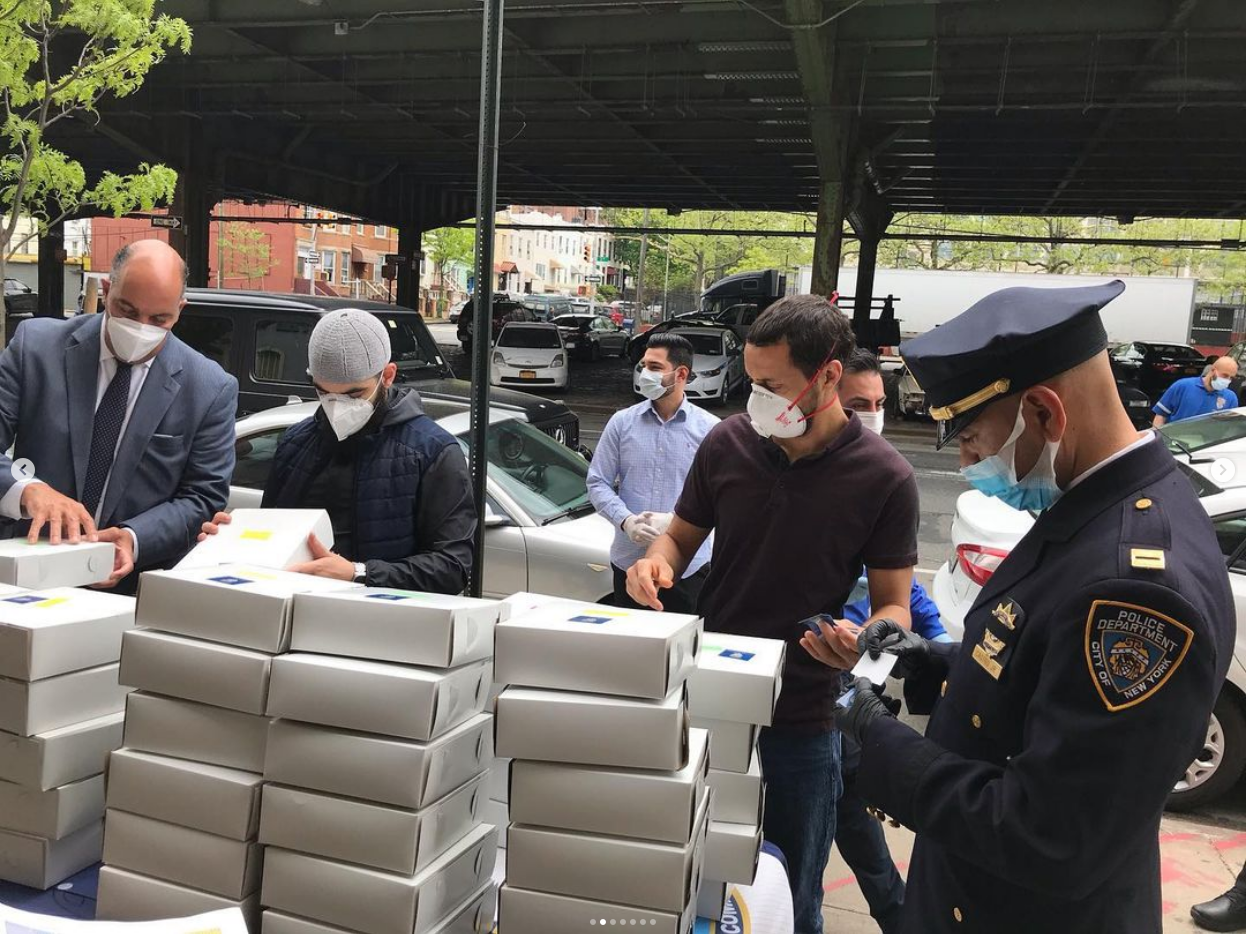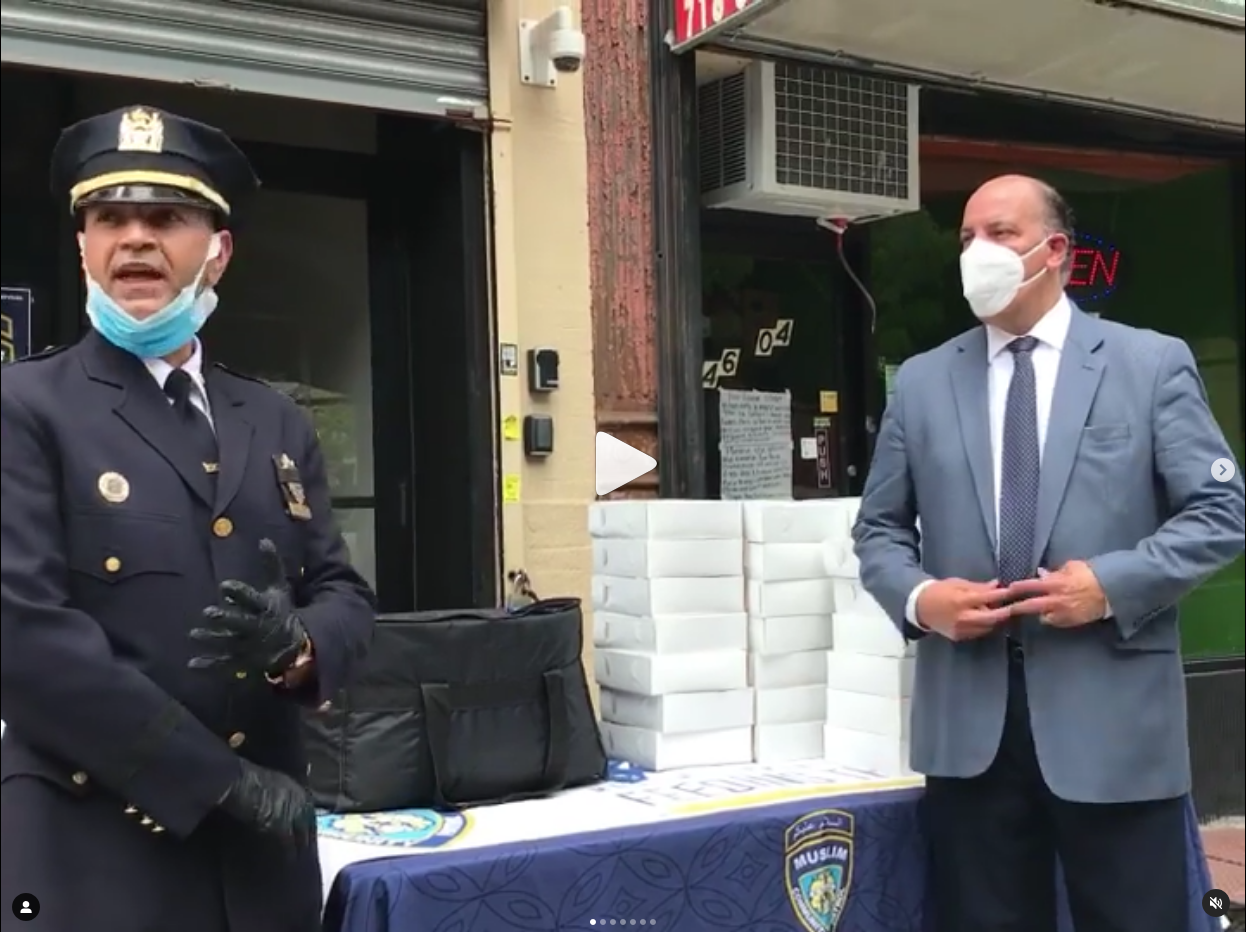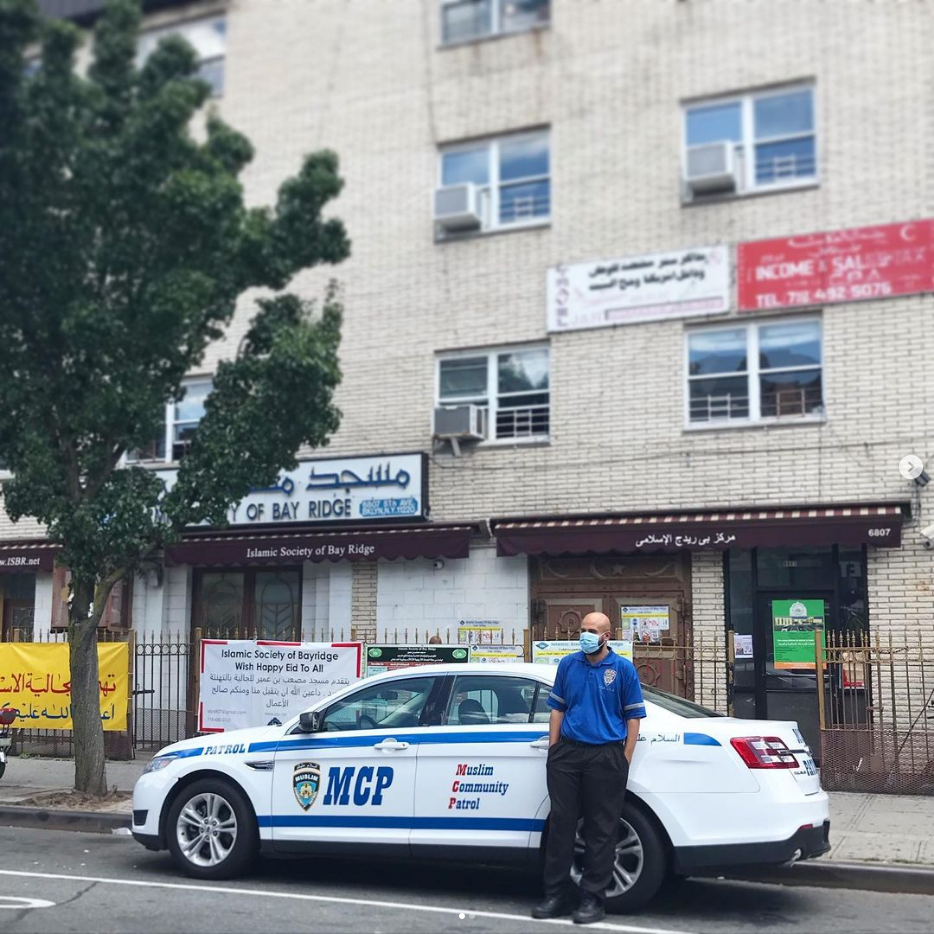Are Our Insecurities Actually Making Us Unsafe
Projective Identification is a term in psychology used to describe when someone places onto you ideas from within themselves (true or false, good or bad), and then you start to act as if those ideas placed upon you are actually true. This can have negative effects on the relationship between two people, but it can also have devastating effects on a community. As historical media coverage and societal perceptions of Muslims and Islam have centered around depictions of Muslims as violent, intolerant, and deserving of suspicion, one must ask, “How much of this narrative have Muslims internalized without necessarily recognizing it?” Despite how much we as a Muslim community might reject this negative narrative, offer back a more positive and accurate narrative, or present ourselves in a positive light, it is especially important to consider that sometimes part of what is projected onto us can still influence even just a small part of our perceptions of ourselves. Being aware that larger society often regards you as potentially violent, deserving of suspicion, and intolerant can lead you to feel uncomfortable when in society and insecure within your own self. So, what does this look like in our everyday lives, then?
Though there are so many implications for a question like this, from how we see and present ourselves at work or school, at home, and in our friendships, one topic rarely discussed is how this internalized negative narrative affects our approach to personal and community safety. When taking steps to ensure our personal or community safety activities like taking self-defense classes, installing security cameras, establishing a community patrol, or purchasing self-defense weapons can produce a lot of insecurity within our own selves (on an individual level and on a community level). Often times we feel this insecurity without any outside scrutiny, worrying about how what we do and say might be perceived, even before anyone has even actually seen us do or say anything. If the consequence of this is to avoid taking steps to ensure our personal safety, does that mean that internalizing some of the negative ways we are portrayed in society has resulted us in being more vulnerable on an individual and community level?
“كُنتُمْ خَيْرَ أُمَّةٍ أُخْرِجَتْ لِلنَّاسِ تَأْمُرُونَ بِالْمَعْرُوفِ وَتَنْهَوْنَ عَنِ الْمُنكَرِ وَتُؤْمِنُونَ بِاللَّهِ ”
Allah says in his Qur’an, “You are the best nation to be brought forth for mankind…, (3:110)” which is important for us to recognize personally and as a collective community. We are more than and better than the perceptions of society, and reminding ourselves of that is important for both our well-being and personal safety.
“يَا أَيُّهَا الَّذِينَ آمَنُوا خُذُوا حِذْرَكُمْ فَانفِرُوا ثُبَاتٍ أَوِ انفِرُوا جَمِيعً”
And as we take steps toward improving our safety, we are obeying the command of our Lord in that He has also said, “O you who believe! Take your precaution, and go forth in parties, or go forth all together (4:71).” Individually and as a community we might benefit from using these verses to make us feel empowered and more self-assured that we are exercising our right and responsibility to keep ourselves, our families, and our communities safe, despite those who might object. And that is whether we are protecting our homes, our loved ones, or our neighbors and community.
“يُجَاهِدُونَ فِي سَبِيلِ اللَّهِ وَلَا يَخَافُونَ لَوْمَةَ لَائِمٍ ذَٰلِكَ فَضْلُ اللَّهِ يُؤْتِيهِ مَن يَشَاءُ وَاللَّهُ وَاسِعٌ عَلِيم”
Allah’s discussion of those who love Him includes His description of them being those who “strive in Allah’s cause and do not fear the blame of the critic (or blamer) (5:54).” So, let us keep ourselves safe, work hard against internalizing messages about ourselves that harm us and jeopardize our safety. And let us rely on Allah’s help and support against the insecurities that arise from it and the blame that might come from the people, that we remind ourselves with His commands and encouragements of us when we do what is right for His sake that He may love us.
“Narrated Abu Huraira:
Allah’s Messenger (ﷺ) said, “Allah said, ‘....When I love him I am his hearing with which he hears, his seeing with which he sees, his hand with which he strikes and his foot with which he walks. Were he to ask [something] of Me, I would surely give it to him, and were he to ask Me for refuge, I would surely grant him it....’”





